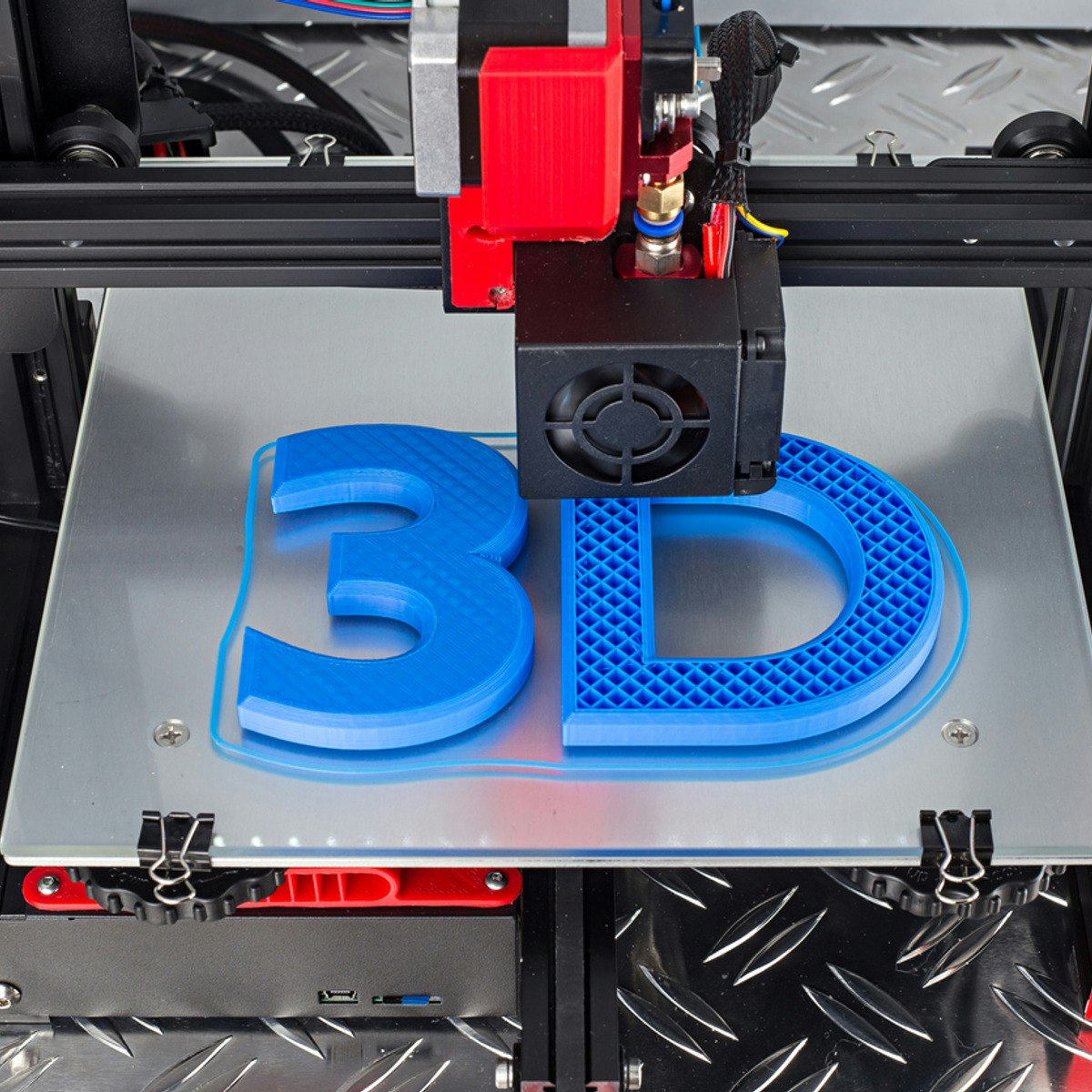
This course, Additive Manufacturing, is the third course in the Coursera Specialization, Digital Technologies and the Future of Manufacturing.
Read more
This course, Additive Manufacturing, is the third course in the Coursera Specialization, Digital Technologies and the Future of Manufacturing.
This course, Additive Manufacturing, is the third course in the Coursera Specialization, Digital Technologies and the Future of Manufacturing.
In this course, learners will be introduced to the concept of Additive Manufacturing, learn how it is applied in manufacturing, and what businesses should consider as they decide to implement this technology. Considerations include the economics of the technology, information technology infrastructure, manufacturing ecosystem partners, the business value of implementing Additive Manufacturing, and what needs to happen across the organization to ensure successful implementation.
Learners will hear from industry experts as they share their perspectives on the opportunities and challenges of implementing Additive Manufacturing, how Additive Manufacturing is being implemented in their companies, and insights on the future of this technology within their industry and across manufacturing.
The content presented in this course draws on a number of real-life interviews and case studies, and was created through a partnership with Siemens.
What's inside
Syllabus
What is Additive Manufacturing?
Welcome to Additive Manufacturing! This week, you'll learn the basics behind this technology and will be able to describe the applications and and uses for additive manufacturing within a manufacturing setting.
Read more
Syllabus
Good to know
Save this course
Activities
Explore Siemens' resources on additive manufacturing
Show steps
Review Siemens' resources to augment the course content on Additive Manufacturing
Browse courses on
Additive Manufacturing
Show steps
-
Visit the Siemens website and search for additive manufacturing
-
View tutorials, case studies, and other resources on additive manufacturing
Create a presentation on the applications of additive manufacturing
Show steps
Create a presentation on various applications of additive manufacturing across different industries
Show steps
-
Research specific applications of additive manufacturing
-
Design slides that showcase these applications
-
Present your findings
Show all two activities
Explore Siemens' resources on additive manufacturing
Show steps
Review Siemens' resources to augment the course content on Additive Manufacturing
Browse courses on
Additive Manufacturing
Show steps
- Visit the Siemens website and search for additive manufacturing
- View tutorials, case studies, and other resources on additive manufacturing
Create a presentation on the applications of additive manufacturing
Show steps
Create a presentation on various applications of additive manufacturing across different industries
Show steps
- Research specific applications of additive manufacturing
- Design slides that showcase these applications
- Present your findings
Career center
Materials Engineer
Mechanical Engineer
Manufacturing Engineer
Process Engineer
Design Engineer
Industrial Engineer
Quality Control Manager
Operations Manager
Plant Manager
Production Manager
Product Development Manager
Business Analyst
Management Consultant
Financial Analyst
Sales Manager
Reading list
Share
Similar courses
OpenCourser helps millions of learners each year. People visit us to learn workspace skills, ace their exams, and nurture their curiosity.
Our extensive catalog contains over 50,000 courses and twice as many books. Browse by search, by topic, or even by career interests. We'll match you to the right resources quickly.
Find this site helpful? Tell a friend about us.
We're supported by our community of learners. When you purchase or subscribe to courses and programs or purchase books, we may earn a commission from our partners.
Your purchases help us maintain our catalog and keep our servers humming without ads.
Thank you for supporting OpenCourser.



